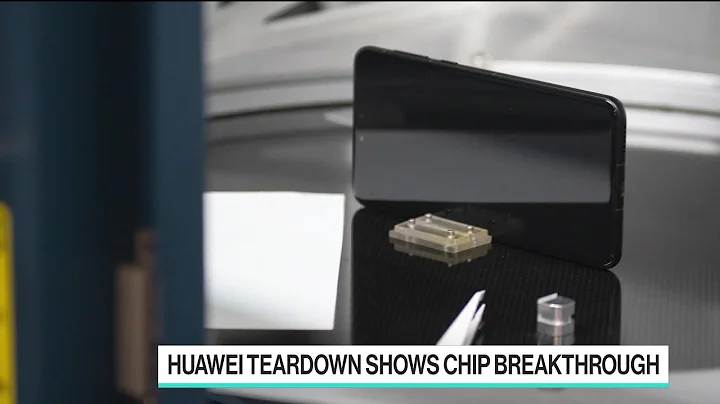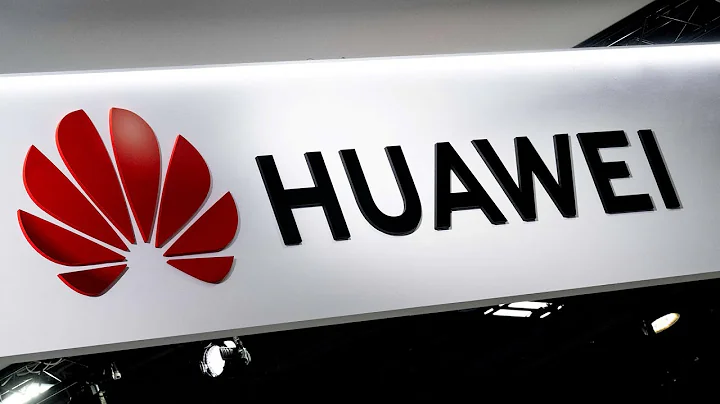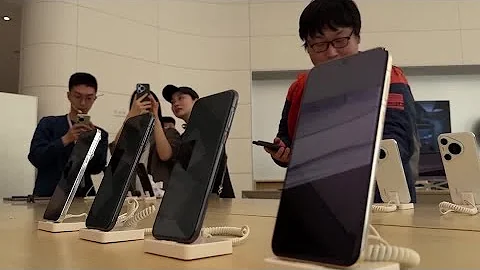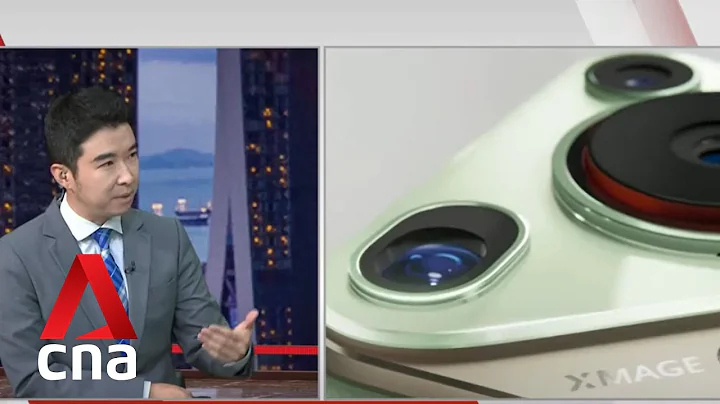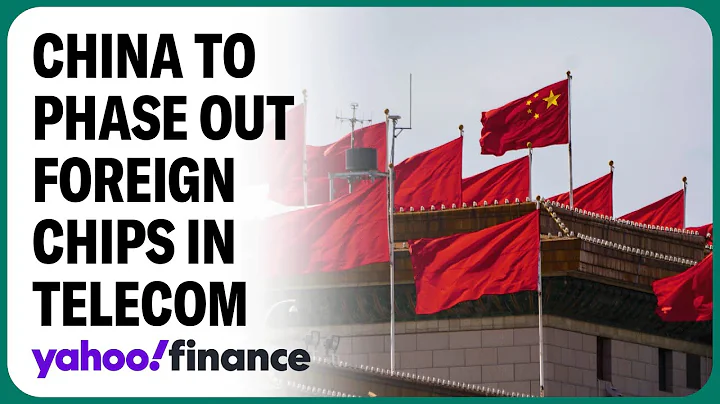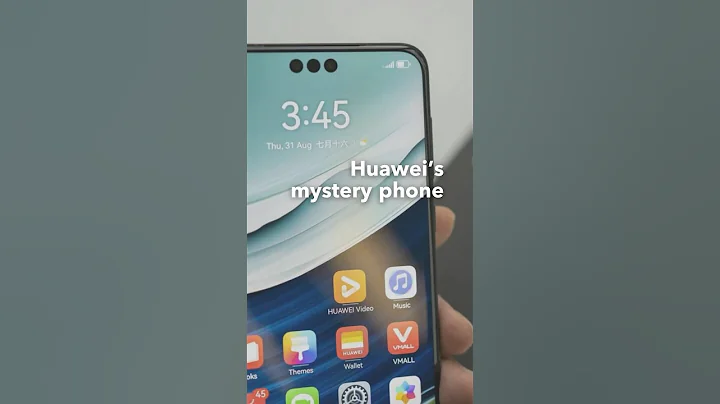
From the moment the United States implemented the chip ban, TSMC immediately terminated its chip foundry cooperation with Huawei . This resulted in Huawei HiSilicon's self-developed Kirin chip becoming the swan song and the most profitable mobile phone business. It was also cut off in the middle, with a loss of more than 200 billion.
The reason why TSMC has drawn a clear line with Huawei is that on the one hand, its production lines contain American technology and equipment and have to abide by US export control rules; on the other hand, TSMC also wants to "flatter" and try to get more American products. With the support of cutting-edge technology and accessories, we will consolidate our market position in the chip foundry field.

What I didn’t expect was that TSMC’s “loyalty” not only did not bring it due rewards, but instead made the United States think that these non-U.S. foundry companies were soft persimmons that could be manipulated at will, and they implemented “hegemony” even more unscrupulously. "Ling" behavior.
The United States first used coercion and inducement to invite foundry giants such as TSMC and Samsung to build factories in the United States on the pretext of improving local chip manufacturing levels; then it used the excuse of making the supply chain transparent and alleviating the pressure of chip shortages to launch the " "Gangster" model, ordering these foundry companies to hand over confidential chip business data such as inventory, orders, and sales records.
Although "TSMC" knows very well that the data handed over will be used by American semiconductor companies, causing TSMC to lose its bargaining power when facing American customers. However, because its production lines contain American technology and equipment, people are under the roof, and the Taiwan authorities are too weak to uphold justice, TSMC had to bow its head and compromise.

In the eyes of the outside world, only by getting rid of its dependence on US technology as soon as possible can TSMC maintain the foundry market position that its founder Zhang Zhongmou has worked hard for decades. Otherwise, Zhang Zhongmou’s semiconductor era may come to an end.
However, TSMC Chairman Liu Deyin has publicly stated many times that TSMC is pursuing more cutting-edge technology and is not interested in "de-beautification".
There is nothing wrong with adhering to the global division of labor and cooperation in the semiconductor industry. After all, maximizing the use of resources and technology can well promote scientific and technological progress, but it must also be determined based on the actual situation. The United States has revised the rules many times and disrupted the market order. Under such circumstances, can sticking to the rules really last in the long run?
Sure enough, news recently came out that the United States named "TSMC" again. TSMC may not have expected that this entanglement is not over yet?

According to foreign media reports, Intel CEO Pat Kissinger publicly stated that only domestic chip companies can allow the United States to further increase its control over the chip market, and called on the U.S. government to remeasure and formulate standards for resource tilt. This means that the United States should increase support for local companies as much as possible, instead of allocating limited resources to non-U.S. companies such as TSMC and Samsung.
These words of Intel CEO are obviously "drawing circles". This can be said to be a direct slap in the face to a certain domestic "American imperial company" that has been in the spotlight recently. When asked why it did not vote for the key to formulating 5G standards When giving it to Huawei, Yang Mouqing, a self-proclaimed international CEO, once said: "Technology knows no borders." But is this really the case? Resources, talents, and markets all have nationalities, and when cutting-edge technology serves someone, it is full of national imprints.

The same goes for TSMC. It’s time to recognize the reality. After Pat Kissinger's public stance, it can be expected that the United States will inevitably reformulate its support plan for the chip manufacturing industry and treat US-based and non-US-based foundry companies differently.
Why has the US$52 billion in factory construction subsidies that the United States once promised to TSMC and Samsung not yet arrived? The reason is simple. This is just the "big pie" of Lao Meihua. Now that the chip data has been obtained and the factory has started construction, "TSMC" has no room for regrets, so why do they still need to pay?

In addition, the United States has further strengthened its control over EUV equipment. According to information disclosed by ASML, Intel has replaced TSMC’s priority purchase rights for cutting-edge EUV equipment. You must know that EUV lithography machines are indispensable equipment for high-precision chip manufacturing. Without the first-mover advantage of equipment, TSMC will sooner or later be caught up or even surpassed by Intel.
This may be the ultimate goal of the United States and the United States in revising the rules again and again: to control the voice of the global semiconductor industry.
If TSMC wants to change the outcome of being "hollowed out", there may be only two ways. First, lay out the "de-beautification" chip production line as soon as possible; second, "abandon the darkness and turn to the light". Like Huawei, it has a clear sense of belonging because it has a global scope. Only China can protect its legitimate rights and interests from being harmed.

For the domestic chip industry, which is in the climbing stage, it should also learn lessons from the changes in the global chip market structure. As academician Ni Guangnan of who was kicked out of Lenovo by Liu Chuanzhi said: The concept of " comprador " is not advisable. Core technologies cannot be bought, exchanged or requested. The only way is to increase the pace of self-research. , standing on the commanding heights of technology and achieving "food in hand" can avoid the hidden dangers of being controlled by others!
What is exciting is that domestic chips have entered the fast lane of accelerating their rise. I also hope that TSMC can wake up in time and make the right choice.



